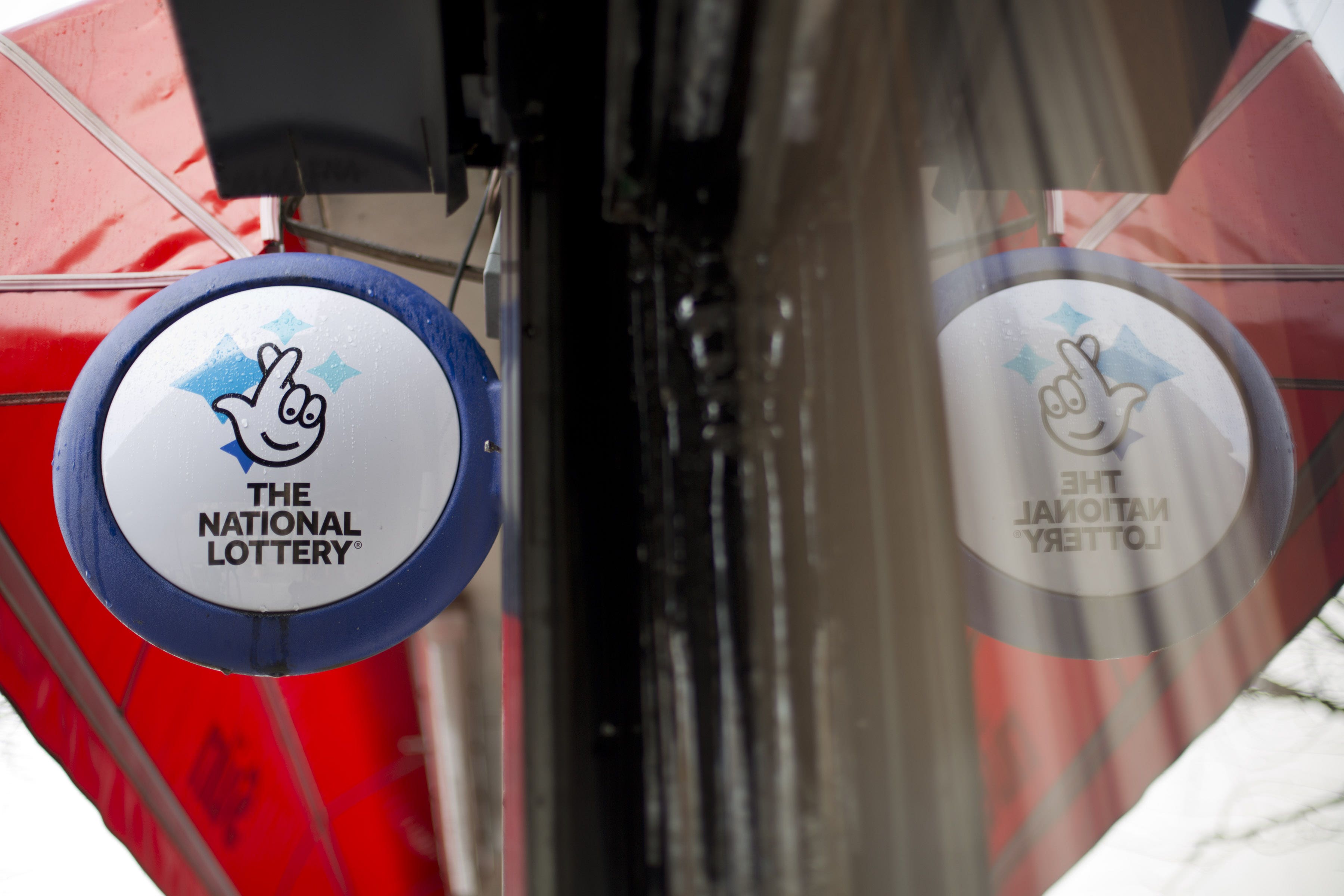National Lottery firm sees UK sales and earnings slip
Sales in the UK fell 4% to 3.9 billion euros (£3.3 billion) last year.

National Lottery operator Allwyn has revealed falling sales and earnings in the UK as it was held back by unfavourable EuroMillions jackpots and a lack of new products ahead of the licence handover.
Allwyn said sales in the UK fell 4% to 3.9 billion euros (£3.3 billion) in 2023 while underlying earnings were 5% lower at 181.4 million euros (£155.5 million).
The group – which bought previous National Lottery operator Camelot in February last year in the run-up to it taking over the next 10-year licence – blamed “unusually unfavourable EuroMillions jackpotcycles”.
It said there were only 14 draws for EuroMillions with a jackpot above 100 million euros, compared with 33 such draws in 2022.
Allwyn also said its UK performance was held back by “limited product and channel developments towards the end of the previous licence”.
During the year we once again saw the resilience of demand for our products, notwithstanding an inflationary backdrop in which consumer spending remained under pressure
The results come after Allwyn’s recently-appointed UK boss Andria Vidler told the PA news agency earlier this year that plans for new draw-based games have been delayed until 2025 after its handover had been hampered by legal wrangling.
The group also said delays to the new games it had hoped to introduce in 2024 would impact sales and hold back the amount of money it can give to good causes in the early part of its 10-year licence.
Allwyn took over the licence to run the National Lottery on February 1, replacing Camelot, marking the first time the lottery has changed hands since it was launched nearly 30 years ago.
There was also an intense legal battle with Camelot over the Gambling Commission’s decision to award the licence to Allwyn, which was finally settled in February last year when Allwyn bought Camelot, although the two companies have since been continuing to operate separately.
Czech-based Allwyn, which also runs lotteries across Europe, said its overall group performance saw “limited impact” from wider pressures on consumers spending from high inflation.
This was thanks to “revenues remaining resilient due to the low price point of our products and low average spend per customer, as well as our large number of regular players”, according to Allwyn.
Its results showed that group-wide underlying earnings, excluding its Camelot acquisition, jumped 12% to 1.31 billion euros (£1.12 billion), with net gaming revenues up 7%.
It added that the business has “continued to perform and develop well” since the end of 2023.
Robert Chvatal, Allwyn chief executive, said: “During the year we once again saw the resilience of demand for our products, notwithstanding an inflationary backdrop in which consumer spending remained under pressure.”
Bookmark popover
Removed from bookmarks